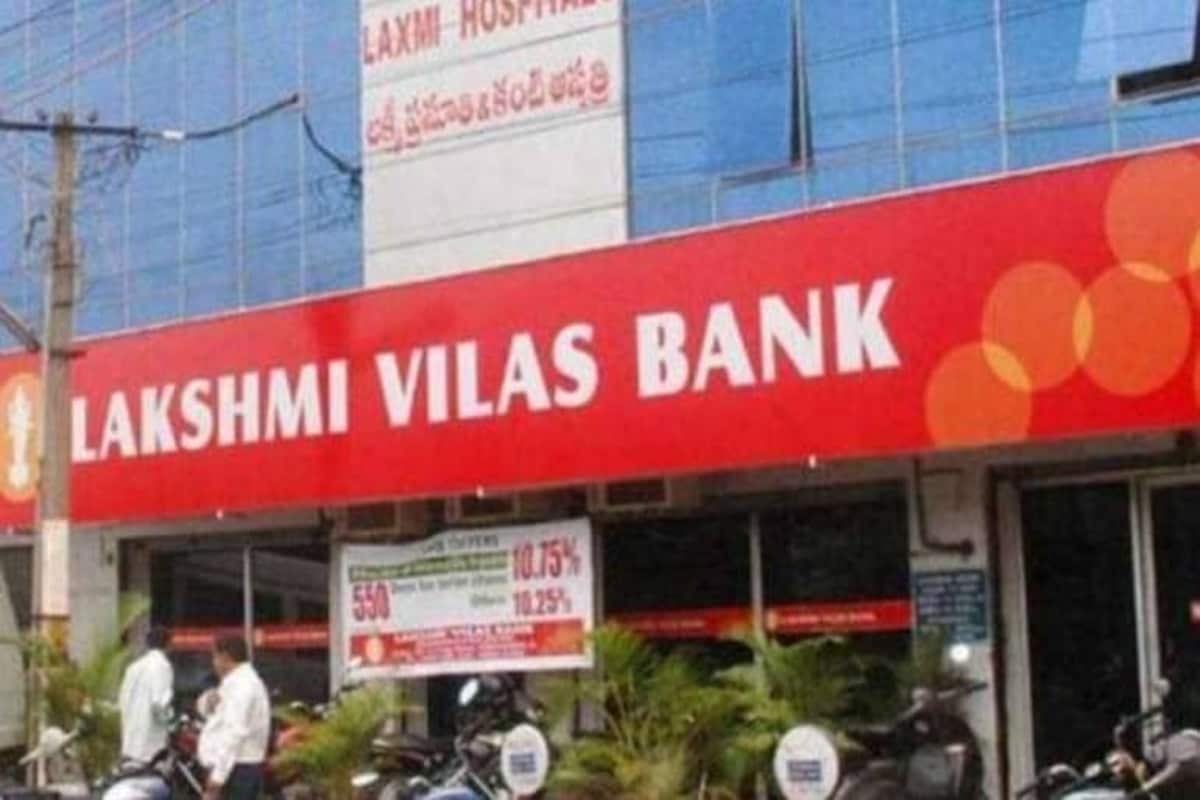
Immediately after deferring the private bank Lakshmi Vilas Bank (LVB) and replacing its Board of Directors, the Reserve Bank of India (RBI) announced a draft scheme for its merger with DBS Bank India Ltd (DBIL).
RBI placed LVB under a 30-day moratorium that would end on December 16, according to statements from the regulator. As part of the moratorium, the regulator has capped customer deposit withdrawals to 25,000 rupees. Borrowers can withdraw more than 25,000 rupees just for unforeseen expenses like medical treatment, education, etc.
DBIL’s combined balance sheet would remain healthy after the proposed merger, with the capital to risk (weighted) asset ratio (CRAR) at 12.51% and the Common Equity Tier 1 (CET-1) at the 9.61%, without taking into account the additional capital infusion.
DBIL is a wholly owned subsidiary of DBS Bank Ltd, Singapore, which in turn is a subsidiary of Asia’s leading financial services group, DBS Group Holdings Limited and has the advantage of a strong affiliation.
Lakshmi Vilas Bank saw a dramatic turn of events in which its own shareholders voted against the appointment of seven of its independent directors, including the bank’s chief executive and chief executive officer. This worsened the situation, which was already deteriorating, given the bank’s already fragile financial condition.
What does this mean?
This means that Lakshmi Vilas Bank will not be able to make payments in excess of Rs 25,000 to any creditor without prior approval from the RBI for as long as it is in default. Which in this case, is for a month.
Why was the moratorium imposed?
According to the RBI, the decision to replace the board was made due to a serious deterioration in the bank’s financial situation.
What happens now?
Shortly after announcing a moratorium on Lakshmi Vilas Bank, the RBI also disclosed DBI.) In announcing this merger scheme, RBI said that DBIL will provide additional capital of Rs 2,500 crore in advance, to support the credit growth of the merged entity.
Has this happened recently?
Yes. On March 5, 2020, a similar moratorium was imposed on Yes Bank, which was later bailed out by a consortium led by the SBI. Another example of government intervention came in 2004, when the RBI announced that the crisis-ravaged Global Trust Bank would merge with the financially sound public sector Oriental Bank of Commerce.
The Reserve Bank of India has decided to replace the board, what does this mean?
When the RBI decides to replace the bank, this usually means that it intends to conduct a thorough investigation into what is happening at the bank, and a manager will be appointed.
For Lakshmi Vilas Bank, TN Manoharan, the former non-executive chairman of Canara Bank has been appointed as administrator. This is similar to what happened on March 5, when the RBI said it is replacing the board of troubled private sector lender Yes Bank with immediate effect. During that period, he appointed the former chief financial officer of the state of India, Prashant Kumar, as administrator.
Should customers be concerned?
Not yet. The RBI has assured “LVB depositors that their interests will be fully protected and that there is no need to panic.” He reiterated that the central bank has drawn up a scheme for the merger of LVB with another bank
.